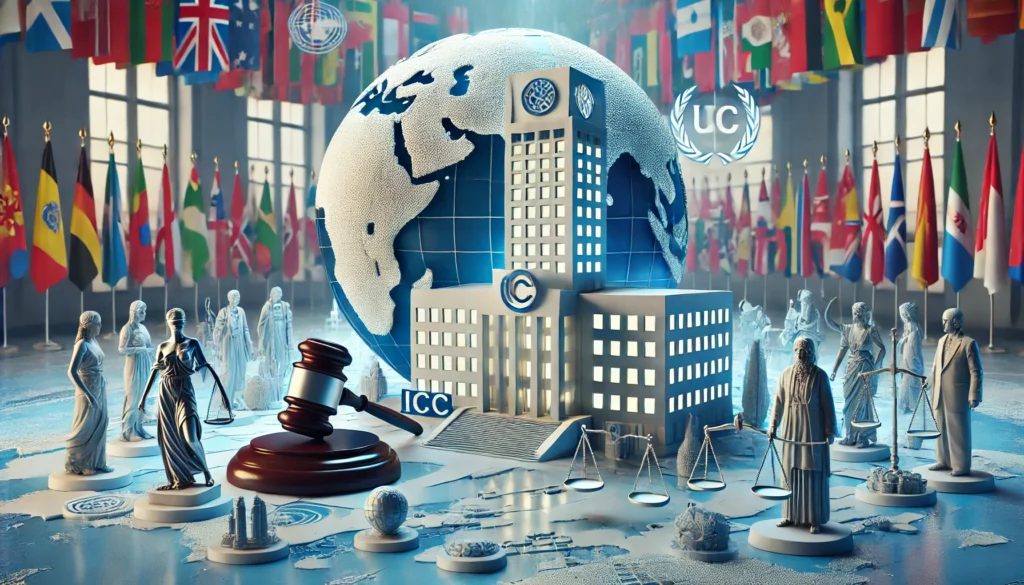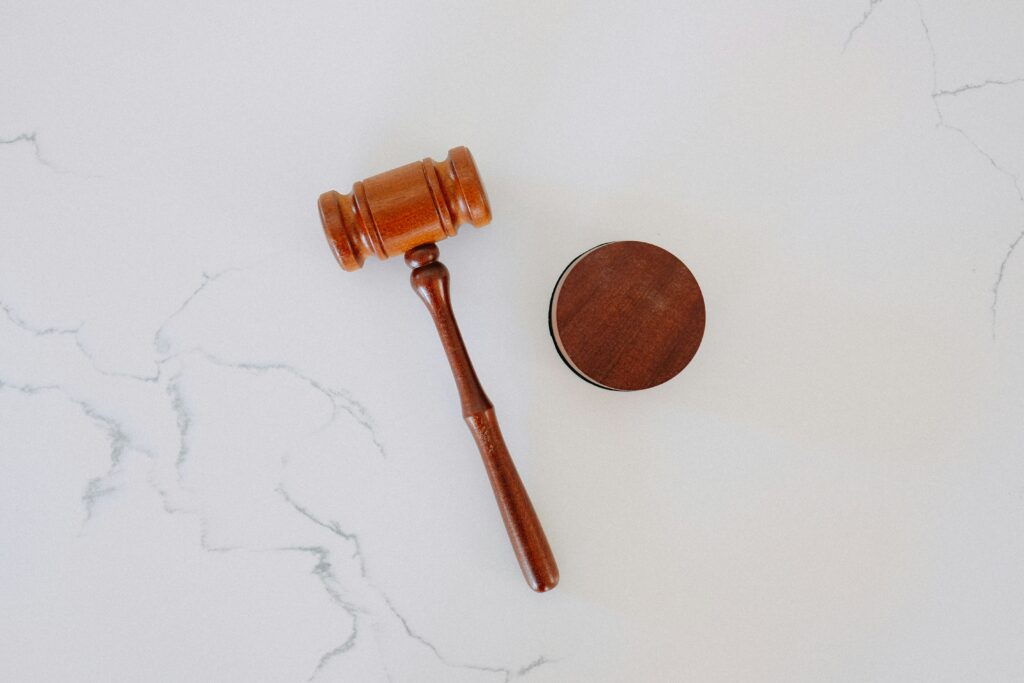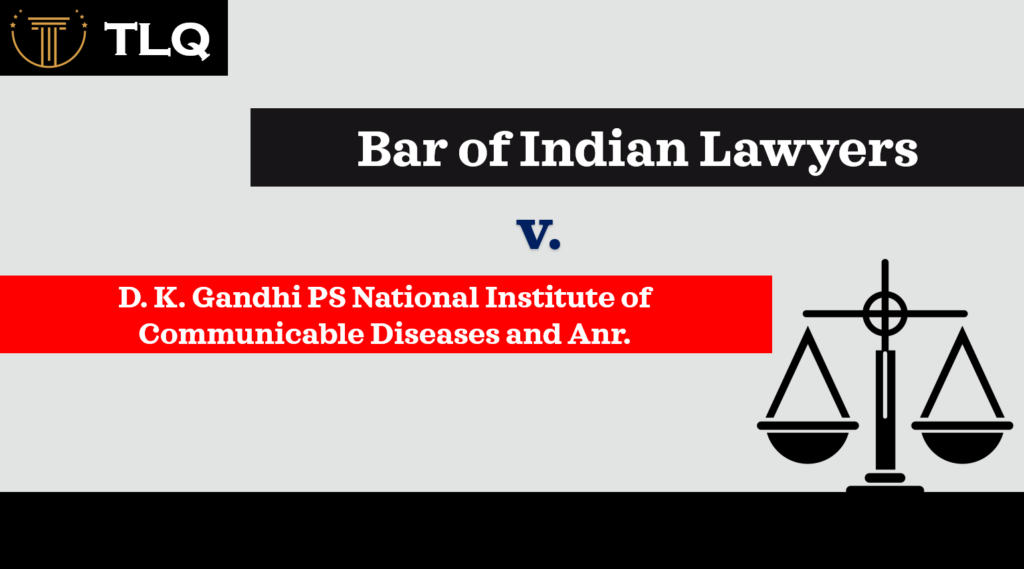Published On: October 13th 2025
Authored By: Shyambhavi Singh
University Institute of Legal Studies,
Panjab University, Chandigarh
Abstract
The right to privacy in India has developed gradually with coming cases over time. In the beginning, the Constitution did not mention privacy directly, and the Supreme Court also refused to recognize it in cases like of M.P. Sharma and Kharak Singh. Later, the Court realized that the right to life under Article 21 is not only about survival but also about living with dignity, freedom, and personal space. With a landmark judgement that came in 2017 totally flipped the earlier concepts and held unanimously the Right to Privacy as a Fundamental Right. The present legal Article deals completely with the concept of Right to Privacy and how it turned out to be a fundamental right, with all relevant Supreme Court case laws.
Introduction
The right to privacy is one of the most essential aspects of individual liberty in our society. It safeguards a person’s autonomy by protecting their personal choices, information, and intimate sphere from unwarranted interference by the State or private actors. Privacy is not limited to physical seclusion but extends to personal communications, data, family life, and decisions relating to one’s body and dignity. In India, the right to privacy has evolved through judicial interpretation and was firmly recognized as a fundamental right under Article 21 of the Constitution in the year 2017. It is an indispensable human right. With the rise of technology, the scope of privacy now also covers digital data and online activities. It also ensures that no one can be forced to reveal personal details unless backed by a fair legal process. Privacy is the foundation of many other rights like freedom of speech, association, and equality.
Article 21 – Right to life and personal liberty
Article 21 of the Constitution of India provides –“No person shall be deprived of his life or personal liberty except according to procedure established by law.”[1] Article 21 of the Constitution of India guarantees every person the right to life and personal liberty, establishing that no one shall be deprived of these rights except according to a procedure established by law. At its core, this provision ensures that every individual has the right to live and enjoy personal freedom, subject only to legal restrictions. Initially, courts interpreted Article 21 narrowly, limiting it to protection against unlawful deprivation of life or liberty. However, with time, its scope has been expanded to cover a wide range of rights necessary for living with dignity, such as the right to health, livelihood, clean environment, and education.
Right to Privacy
Evolution : The Right to Privacy in India has developed as a crucial facet of constitutional protection, though it was not expressly mentioned in the original text of the Constitution. Rooted in the broader guarantee of life and personal liberty under Article 21, privacy represents the individual’s right to be free from unwarranted intrusion into their personal affairs by the State or private actors. The concept was initially met with hesitation, as early judgments did not consider privacy a fundamental right. The right to privacy has not been expressly mentioned in the Article but it can be inferred from Article 21.
In the case of MP Sharma v Satish Chand[2] an eight-judge bench of the Supreme Court examined the validity of search and seizure conducted under the Criminal Procedure Code in connection with an investigation. The petitioners argued that such searches violated their Right to Privacy. The Court, however, rejected this and held that the Indian Constitution does not expressly guarantee a Right to Privacy.
In the case of Kharak Singh v State of Uttar Pradesh[3], it was held by 6 judges bench that the word “ personal liberty” is not only limited to bodily restraint or confinement of persons as was earlier held in AK Gopalan v State of Madras. The kharak singh case held that intruding into someone’s personal home also amounts to violating the personal liberty of a person which is guaranteed as a fundamental right under Article 21 of Constitution. The case of Kharak Singh v. State of Uttar Pradesh (1963) hinted at privacy but did not explicitly recognize it and held it not as a fundamental right enshrined under Article 21 of Constitution.
In the case of Govind v State of Madhya Pradesh[4] it was held that right to personal liberty and the right to move freely and speech could be described as contributing to right to privacy. However, the right was not absolute and would always be subjected to reasonable restrictions.
In the case of R. Rajagopal v State of Tamil Nadu,[5] it was held that right to privacy also includes right to be alone. No one has a right to publish anything about anyone’s personal affairs like their motherhood, marriage, procreation, and other things as this will amount to breach of right to privacy of the concerned person.
K.S Puttaswamy v Union of India[6] : This case stands as a landmark judgement on right to privacy which was delivered by a 9 Judge Bench in 2017. The case arose when Justice K.S. Puttaswamy, filed a petition to challenge the constitutional validity of the Aadhaar scheme. The main contention was whether the State’s collection and use of personal data violated the Right to Privacy. This led to a broader constitutional question: Is the Right to Privacy a fundamental right under the Indian Constitution? A nine-judge bench of the Supreme Court delivered the verdict on 24 August 2017. The Court held that the Right to Privacy is a fundamental right, intrinsic to the right to life and personal liberty under Article 21, and also arising from Articles 14 and 19. The earlier decisions given in cases of M.P. Sharma and Kharak Singh, were thus overruled. The Court emphasized that privacy is essential to individual dignity and autonomy, covering aspects such as personal choices, bodily integrity, informational privacy, and protection against arbitrary state surveillance. The right is not absolute; it can be restricted by law, provided such restriction is reasonable, necessary, and proportionate to a legitimate aim of the State. No one, including the Government cannot intrude to personal information of an individual and violate anyone’s right to privacy.
Right to Privacy: Not a Absolute Right
The Right to Privacy, though recognized as a fundamental right under Article 21 in Justice K.S. Puttaswamy v. Union of India (2017), is not absolute in nature. This means that an individual’s privacy can be restricted if there is a legitimate state interest and if the restriction satisfies the principles of legality, necessity, and proportionality. For instance, the State may limit privacy rights in situations involving national security, prevention of crime, protection of public health, or regulation of sensitive data. However, any such interference must be backed by a valid law, must serve a just and reasonable purpose, and should not be excessive or disproportionate to the aim which is sought to be achieved.
In the case of Mr. X v Hospital Z[7], where the husband of the wife was the petitioner in this case. The petitioner , a doctor, was HIV positive and his right to privacy was denied and the wife was told about his status of being HIV positive as to uphold the right to health of the fiance (wife). This case held that right to privacy is not an absolute right and it can be denied to upload larger public interest and public health.
Right to Privacy: under UDHR & ICCPR
The Universal Declaration of Human Rights (UDHR), 1948 is a landmark international document adopted by the United Nations General Assembly on 10 December 1948 in Paris. The UDHR sets out a common standard of fundamental rights and freedoms for all people, regardless of race, gender, religion, language, or nationality. It contains 30 articles, which cover a wide range of civil, political, economic, social, and cultural rights.
Article 12 of the UDHR provides that “No one shall be subjected to arbitrary interference with his privacy, family, home or correspondence, nor to attacks upon his honour and reputation. Everyone has the right to the protection of the law against such interference or attacks”.[8]
Similarly, the ICCPR i.e. The International Covenant on Civil and Political Rights, also provides right to privacy as an inviolable human right under Article 17. It provides that “No one shall be subjected to arbitrary or unlawful interference with his privacy, family, home or correspondence, nor to unlawful attacks on his honor and reputation”[9]. States must protect people within their territory from unwarranted interference in their personal lives, thereby meeting their duties under international law.
Therefore, the recognition of privacy rights in the UDHR and ICCPR shows a shared effort to protect personal privacy as a vital part of building a fair and balanced society.
Challenges to Right to Privacy
- Trial by Media – Trial by media has been held to be the very antithesis of rule of law. In cases of crimes, relating to sexual offences, a trial by press, electronic media and public agitation can lead to miscarriage of justice. When a sensational case is tried before the court, the general public is highly invested in such cases, which often to competition among various publications channels to update public with more facts. This sometimes leads to breach of Right to privacy of victims in most of the cases.
- Not explicitly mentioned anywhere in Constitution – The Constitution does not expressly mentions “privacy” as a fundamental right of every person. Its inclusion within Article 21 is based on judicial interpretation. Unlike rights such as freedom of speech (Article 19) or protection against exploitation (Articles 23–24), there is no direct mention of privacy in Part III. This leaves scope for debates on the exact limits and nature of the right. Since it remains an implied right rather than an express textual right, its scope and limitations are more open to interpretation by courts, creating more challenges in ensuring certainty in law in relation to it.
- Overlap with Other Fundamental Rights– Another major constitutional challenge to the Right to Privacy is its constant overlap with other fundamental rights guaranteed under Part III of the Constitution, particularly Articles 14, 19, and 21. Privacy and Article 19 freedoms often come into conflict. For example, an individual’s privacy may clash with the freedom of the press or the right to information. Thus, the overlapping nature of privacy with multiple rights creates interpretational challenges.
- Conflict with concept of Transparency and general public’s Right to information One of the major constitutional challenges to the Right to Privacy is its frequent conflict with the Right to Information (RTI), which flows from Article 19(1)(a) of the Constitution (freedom of speech and expression). While privacy protects an individual’s personal sphere from intrusion, the RTI promotes transparency and accountability in governance by giving citizens access to information. This clash arises especially when personal information of public officials is sought under the RTI Act. On one hand, the public has a right to know about the integrity and functioning of those in positions of power; on the other hand, individuals, even public servants, retain a right to protect their personal details.
- Balancing with Reasonable Restrictions– Privacy under Article 21 is not absolute. It can be curtailed for legitimate state aims like national security, crime prevention, and public health. Courts apply the test of legality, necessity, and proportionality, but striking this balance is often contentious.
- Emergency Situations- Article 21 cannot be suspended even during an emergency. Yet, in practice, privacy is often diluted in emergencies—e.g., mass surveillance during terrorism threats or mandatory health disclosures in epidemics. Courts usually defer to the State, making privacy protection weaker.
Conclusion
The right to privacy has become one of the most important parts of our fundamental rights in India. It is closely linked with the right to life and personal liberty under Article 21 because a person cannot truly live with dignity without having some level of personal space, freedom of choice, and control over personal information. Privacy allows individuals to make decisions about their own lives, keep their personal matters protected, and live without unnecessary interference from others or the State. At the same time, privacy is not an unlimited right. It can be restricted when there are greater concerns such as protecting national security, maintaining public order, preventing crimes, or dealing with emergencies like pandemics. Another challenge is the fast growth of technology, where people’s personal data is often collected, stored, and used by both governments and private companies. This creates risks of misuse and surveillance, which can directly affect individual freedom. To safeguard this right, India needs clear laws, stronger protections, and awareness among citizens about their rights. The future of privacy depends on finding the right balance between personal freedom and the larger needs of society, so that both individual dignity.
References
[1] Constitution of India, Article 21
[2] MP Sharma v Satish Chand (1954) 1 SCR 1077
[3] Kharak Singh v State of Uttar Pradesh AIR 1963 SC 1295
[4] Govind v State of Madhya Pradesh AIR 1975BSC 1378
[5] R. Rajagopal v State of Tamil Nadu 1994 SCC (6) 632
[6] K.S. Puttaswamy v. Union of India (2017) 10 SCC 1
[7] . Mr. X v. Hospital Z AIR 1999 SC 495
[8] United Nations, Universal Declaration of Human Rights (UDHR) https://www.un.org/en/about-us/universal-declaration-of-human-rights accessed 19th August 2025.
[9] Office of the United Nations High Commissioner for Human Rights, ‘International Covenant on Civil and Political Rights’ (OHCHR) https://www.ohchr.org/en/instruments-mechanisms/instruments/international-covenant-civil-and-political-rights accessed 20th August 2025.




